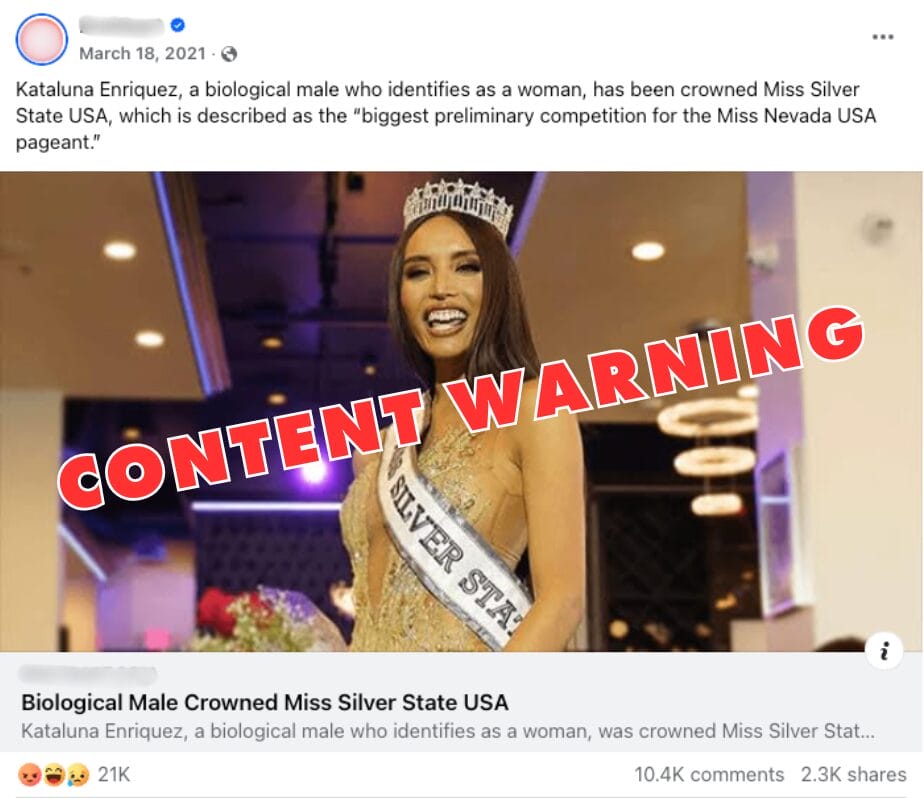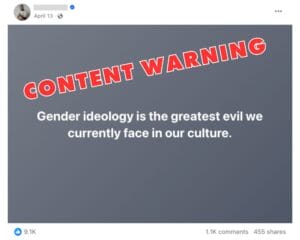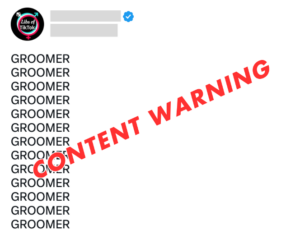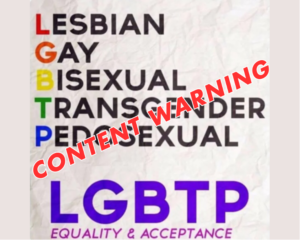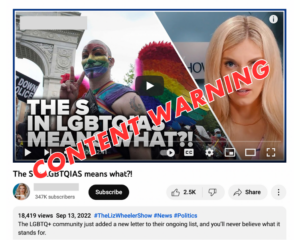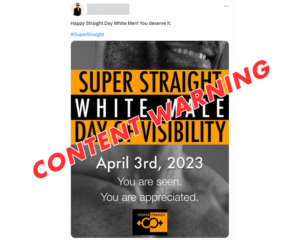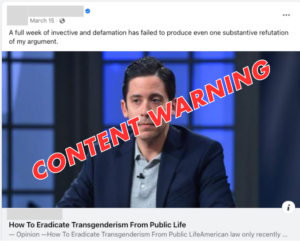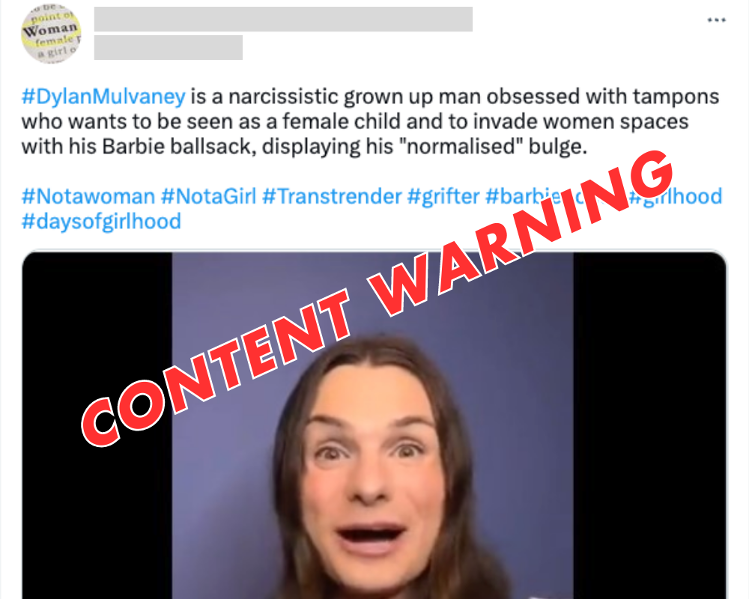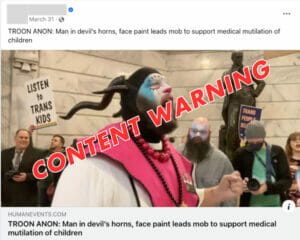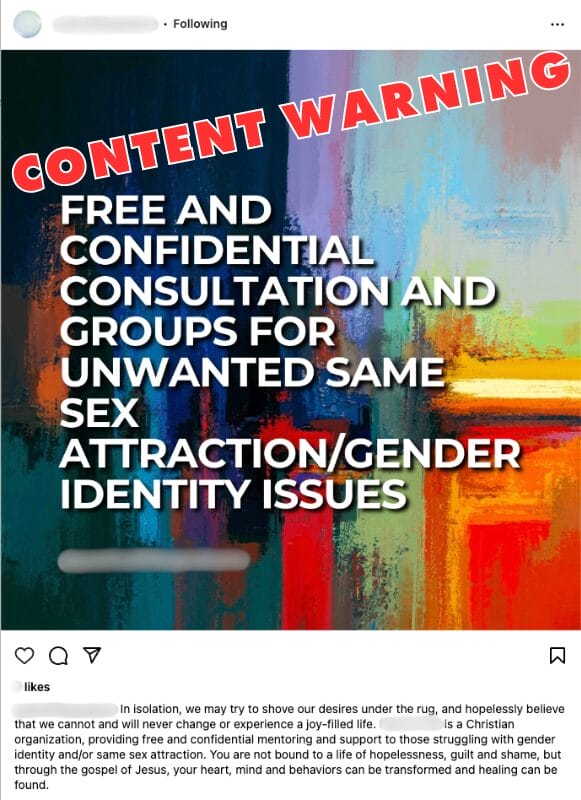Anti-LGBTQ hate speech, harassment, and disinformation — ranging from overt bigotry to dog whistles — cause real harm to LGBTQ people and to society as a whole. GLAAD continues to document and monitor an alarming rise in such content and behavior across the major social media platforms. The invention of false tropes (often via memes) is a common trend in extremist hate and disinformation, serving as an effective viral strategy for the spread of all kinds of conspiracy theories. The GLAAD Guide to Anti-LGBTQ Online Hate and Disinformation is an ongoing project to identify some of the most prevalent and egregious terms, tropes, and concepts that are used to harass, attack, and spread malicious misinformation about LGBTQ people on social media. We urge social media companies to use this guide as an authoritative resource for identifying and understanding anti-LGBTQ content, especially as they continue to develop and enforce their hate speech and harassment policies.
This is not an exhaustive list. GLAAD will update this guide on an ongoing basis. As much as possible, the entries below have been deeply researched to include citations pointing to fact-checking sites, media coverage, and other civil society organizations.
Click the terms below to jump to their definitions.

